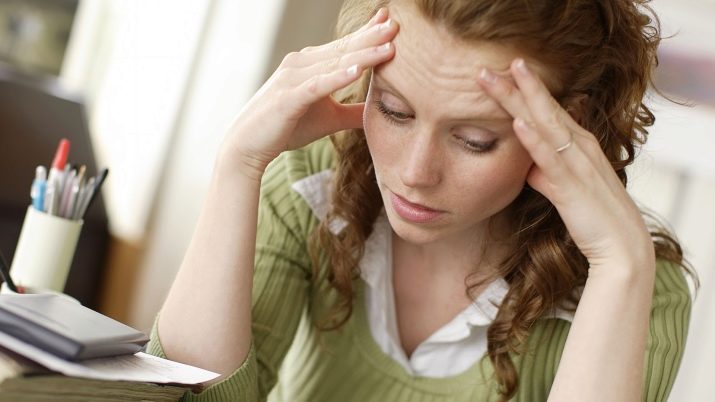All about stress
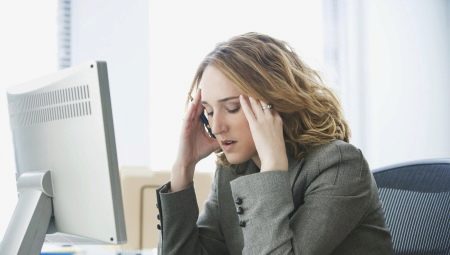
Every person is periodically faced with stressful situations. They are constantly present in our life. Someone gets tired of the bustle of the city, daily traffic jams, work or study. Someone is stressed by certain obligations to family, colleagues, friends, relatives. And even the very fact of birth is a great stress for the baby.
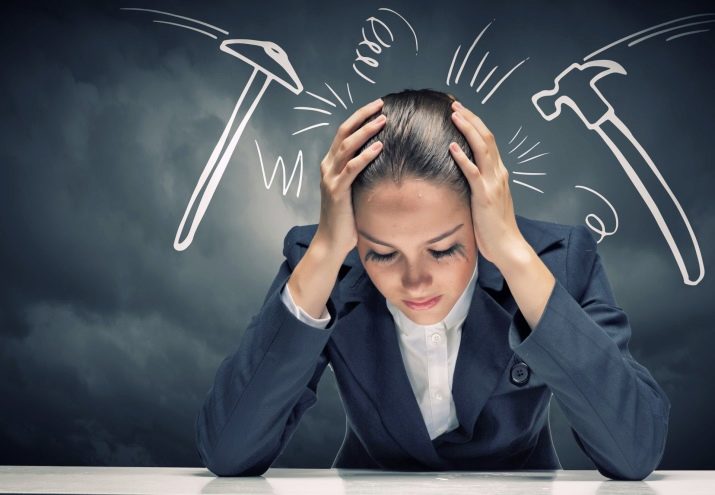
What it is?
The concept itself denotes a special form of experiencing feelings and emotions, adaptation to new conditions. In a stressful situation, the human body always reacts to unfavorable circumstances. He intensively begins to produce adrenaline, which prompts the search for a way out of unfavorable conditions. Psychologists call a person's stay in a state of emotional overload stress. Subject goes through 3 main stages:
- anxiety reaction - the activation of defense mechanisms, the readiness to resist the effects of a stressor and to deal with new conditions;
- resistance - adaptation to extreme circumstances, the most effective adaptation of the body;
- reaching a certain level of depletion - a decline in energy due to its waste in the two previous phases, failure of protective mechanisms, violation of the adaptation process.
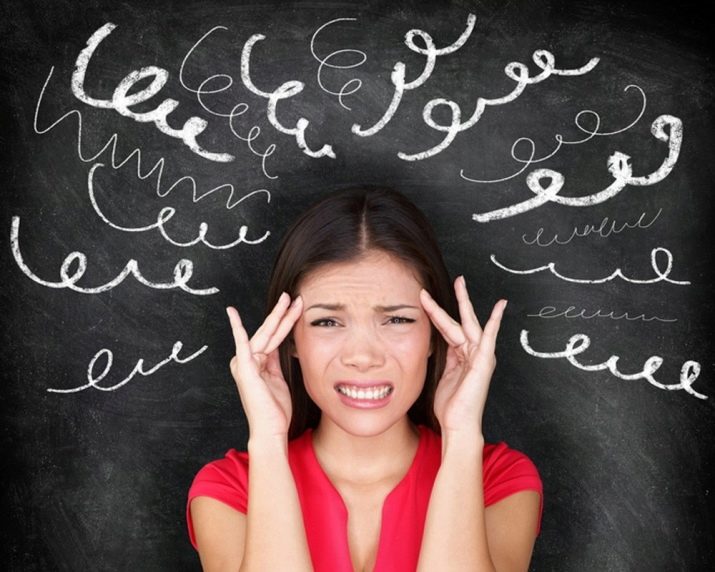
The theory itself was developed by the Canadian scientist Hans Selye, and the term "stress" was introduced by the English physiologist Walter Cannon at the beginning of the twentieth century. In psychology, there is the following definition: stress is a set of nonspecific adaptive reactions of the body in response to the threat of homeostasis. If the stress continues for too long, then it overloads the adaptive capacity of the individual.
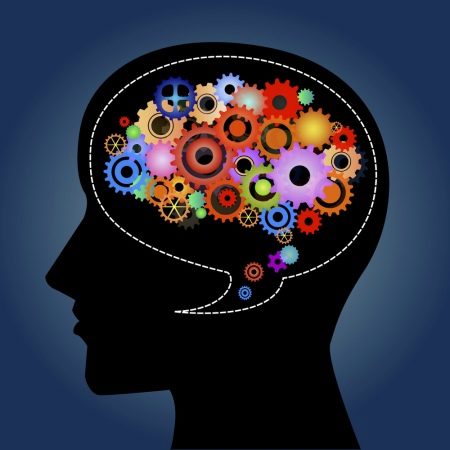
In our life, there are many different emotional upheavals, ranging from personal troubles and ending with global catastrophes. It can be earthquakes, floods, a pandemic, the absence of a stable situation in the world. Stress and its consequences for human health are gaining universal proportions, turning into a social problem in modern society.
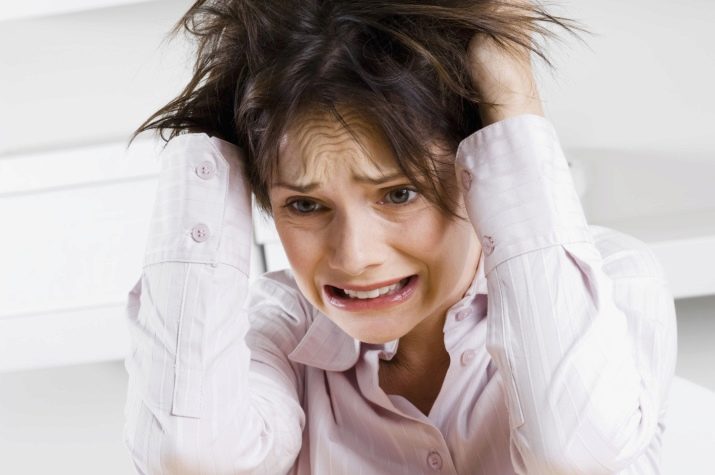
A person's response to external stress depends on his susceptibility, upbringing, life experience, nervous system, temperament and other physiological characteristics. The relationship between body, mind and character is the result of these adaptations. Some lose their composure in a stressful environment, while others, on the contrary, concentrate. Some ignore the problem, others are looking for a way out of the situation, and others are counting on outside support.

Psychologists believe that the essence of a stressful state is the lack of an adequate response of the individual and the loss of control over the consequences of the situation. The body reacts to an unusual, frightening environment with hormonal changes, reflexively defends itself. Sometimes the reaction is caused not by a real, but by an imaginary threat. In the modern world, situations often arise that do not threaten the life of the subject, but the person still experiences strong experiences.

There is little stress in the individual even when he is in a relaxed state. Even sleep wears a stressful color. The adaptation of the body to different living conditions is the basis of the activity of the individual. Lack of stress means death.
Thus, stress is the body's response to negative emotions, intense stress or monotonous fuss. Depending on the duration of stress reactions, there can be short-term and chronic stresses. Extreme instant stress - shock. There is a rapid expenditure of surface adaptive reserves and the mobilization of internal forces begins. Subsequently, the initial shock can turn into long-term stress. Prolonged experiences have more dire consequences.
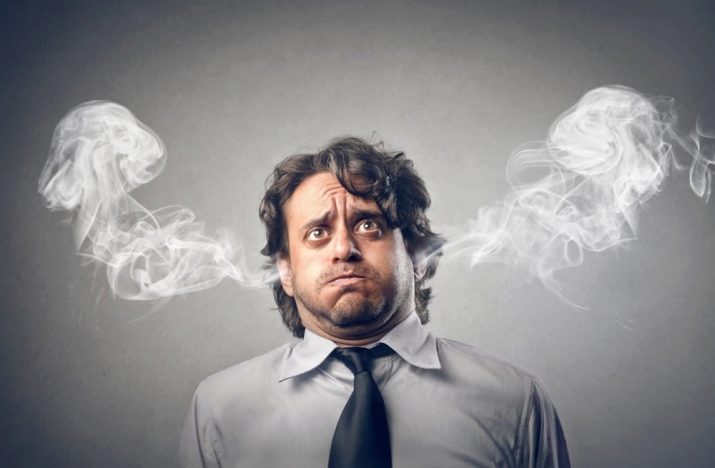
Views
Depending on the result (positive or negative character is inherent in the stressor), a good type is distinguished, which is called "eustress", and the so-called "distress", which has a bad effect on the human body.
Eustress
A small dose of adrenaline benefits the body. She is the driving force behind human development. The personality experiences positive emotions, which become the impetus for action. A state of joy and positive emotion mobilizes the body. Eustress is a safe form. The subject is able to cope with the situation and the accompanying emotions.
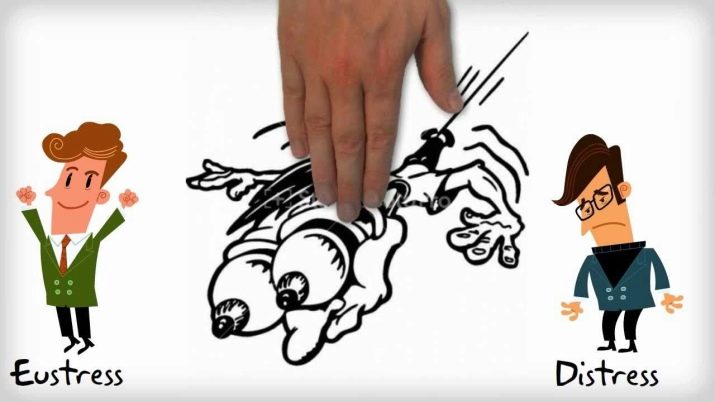
Distress
The condition that occurs during a critical overvoltage causes great harm to the body. Negative processes impede the development of personality and provoke the development of various disorders on the part of the internal organs of a person.
Stress reactions are unchanged. Their occurrence does not depend on the nature of the stressor.
Stress has a direct impact on the physiology and psyche of the individual. The modern classification includes several types of stress. Let's consider the characteristics of each of them.

Physiological stress arises from external factors. It can be hunger and thirst, cold and heat, pain. Often people have overstrain associated with excessive physical exertion. It plunges a person into a stressful state. The following subspecies belong to physiological stress:
- biological stress is observed due to viral and infectious diseases, muscle overload, and various injuries;
- chemical stress provokes exposure to toxic substances, lack of oxygen;
- physical emotional stress arises due to high loads in professional sports and other activities;
- mechanical stress causes various injuries to the body and skin.
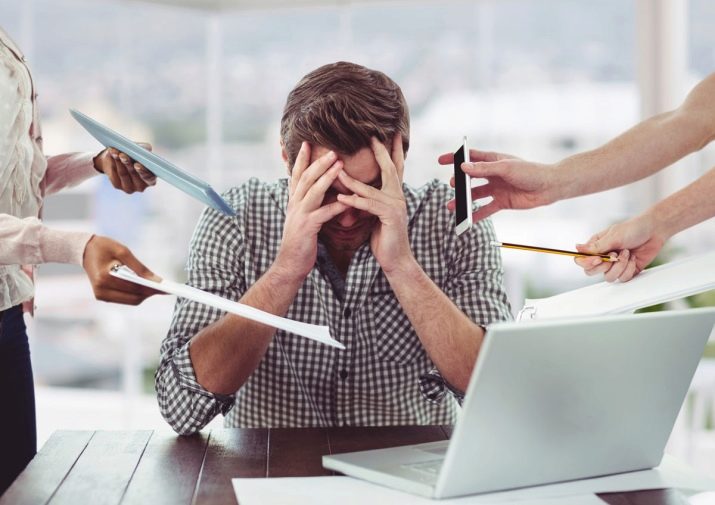
Mental stress has some features that distinguish it from the physiological response to harm, mediated by the assessment of the threat and defense response. If during physiological stress, the adaptation syndrome is observed immediately at the moment of meeting with the stimulus, then during mental stress, adaptation precedes the situation, occurs in advance.
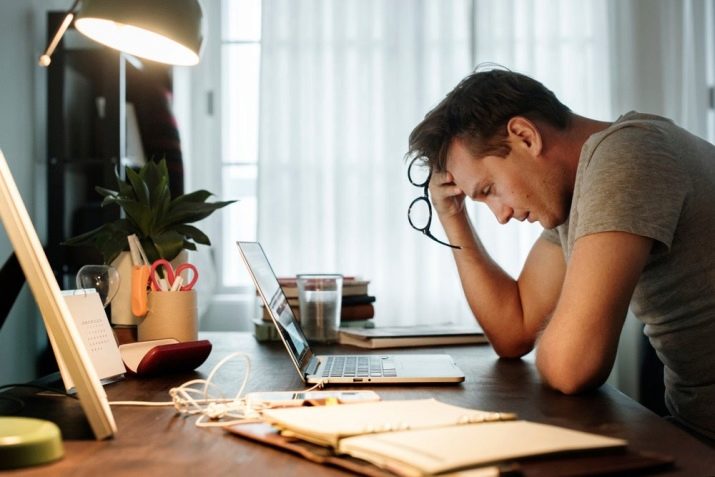
In this case, a tense state arises under the assumption of an impending threat. Psychoemotional stress, in which a person, on the basis of individual knowledge and experience, evaluates the upcoming difficult events, causes the same emotions and the same adaptive restructuring in the body as any other irritant, for example, a thermal burn.
Unfavorable relationships in society also affect the development of positive and negative factors. In this regard, psychologists distinguish the following types.
Emotional
With a prolonged or often repeated stressful situation, a person stays in emotional arousal for a long time, which can lead to unfavorable processes in the body. As a result, the autonomic nervous system suffers. A person may experience a metabolic failure, a nervous breakdown.
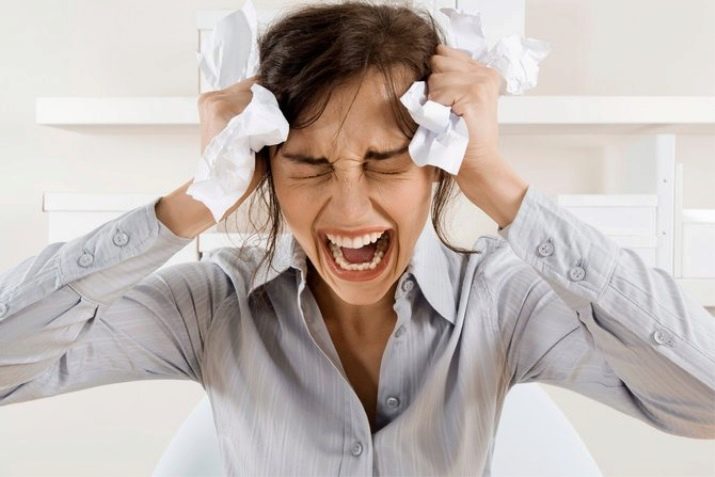
Psychological
Unfavorable relationships with people around, fear, uncertainty about future success, resentment knock a person out of balance. This type of stress is often triggered by probable events that have not yet happened, but the individual is afraid of them in advance.
For example, just one thought about a possible negative assessment on the upcoming exam plunges the student into a stressful state.
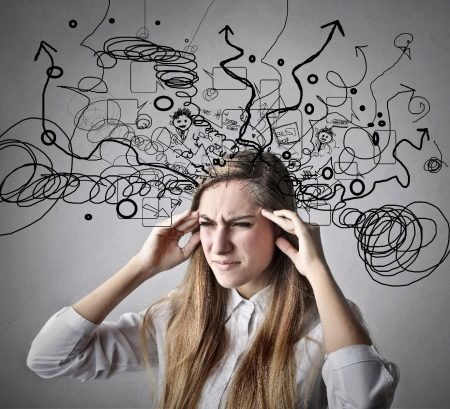
Informational
This type is distinguished by the inability to cope with the assigned tasks due to the overload caused by the processing of a large amount of various information. The subject assimilates it poorly, and therefore does not have time to make the necessary decisions at the required pace. A person cannot process a huge information flow and begins to worry a lot.

Managerial
A stressful situation can arise as a result of high responsibility for actions or extremely high risk of human decisions. Sometimes stress arises from the inappropriateness of the employee's position.

Causes
Stress can be caused by external and internal causes. External factors include anxiety about some circumstances due to the presence of an irritant in the environment. For example, dismissal from work or the death of a loved one. The irritants that cause stressful conditions are called stressors.
Psychological sources of stressful situations in people can be strained relationships with family members, neighbors, friends, colleagues. Emotional balance is often violated by financial problems, sudden changes in life, unrequited love, divorce, job loss, retirement, imprisonment, time pressure, competitive process.

The following factors can lead to emotional stress:
- impossibility of choice - the subject cannot independently choose and set tasks for himself, since they have already been set before him by other people;
- degree of control - a person is in the role of a passive observer, because the situation is controlled by other people;
- failure to prevent consequences - the subject is disturbed by the unknown, since he does not know what will happen to him, when and where.
Physiological reasons include childbirth, hormonal imbalance, vitamin deficiency, mental disorders, loud noise, excess weight, excessive physical labor, temperature changes. Various injuries, injuries, the detection of a dangerous disease and other cases that pose a threat to the life and health of the subject are knocked out of balance.
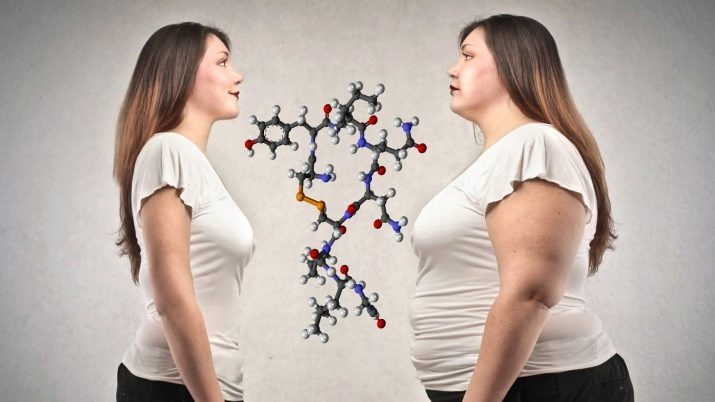
Internal reasons are associated with a fall in one's own self-esteem, self-doubt, uncertainty, and a pessimistic attitude. This should be understood as dissatisfaction with their appearance and standard of living, unfulfilled expectations, disappointment in their own person.
Internal mechanisms of the adaptive response are due to the following factors: increased sensitivity and vulnerability, nervous shocks, constant feelings of guilt, chronic fatigue, quarrelsome character, suicidal tendencies.
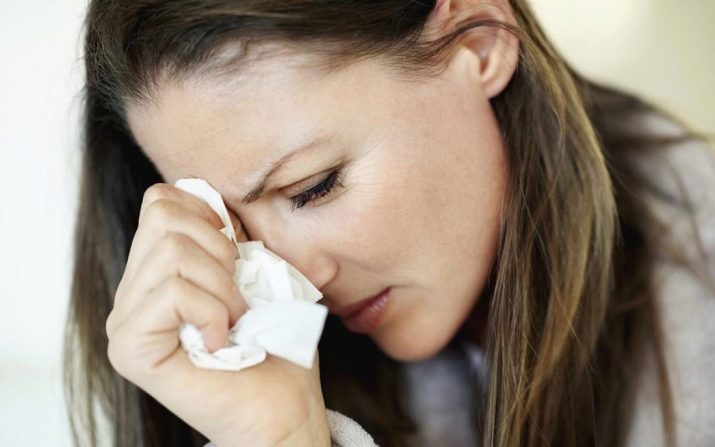
Symptoms
In the modern world, many difficult situations arise that are difficult to overcome. Sometimes it seems that it is impossible to find a way out of them. Human psychophysiology is designed in such a way that the body immediately begins to respond to stressors. The main forms of manifestation of a reaction to them are unreasonable attacks of increased irritability, irascibility, anger, dissatisfaction with oneself and the current situation.
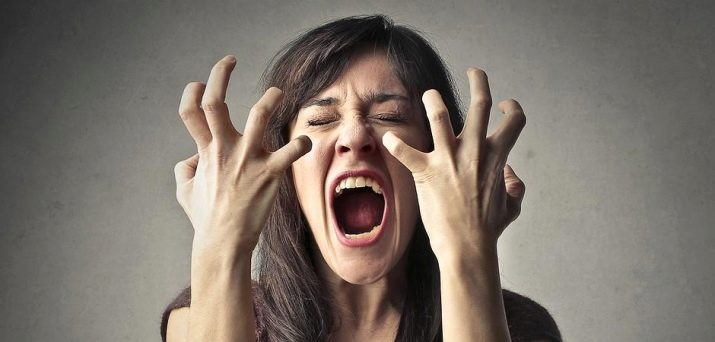
Decreased or increased appetite is often observed. The person sleeps restlessly. For no particular reason, anxiety, self-pity, melancholy, depression, or nervous irritability appear. Subject is unable to relax. He is haunted by headaches, fatigue, physical weakness.
The individual is in a state of frustration. He is disappointed because he did not receive the expected result, he is not happy with himself and the world around him. Some are overcome with despair. Indifference and pessimism are sometimes formed. Subject loses interest in friends, family, and loved ones. He stops trusting them.
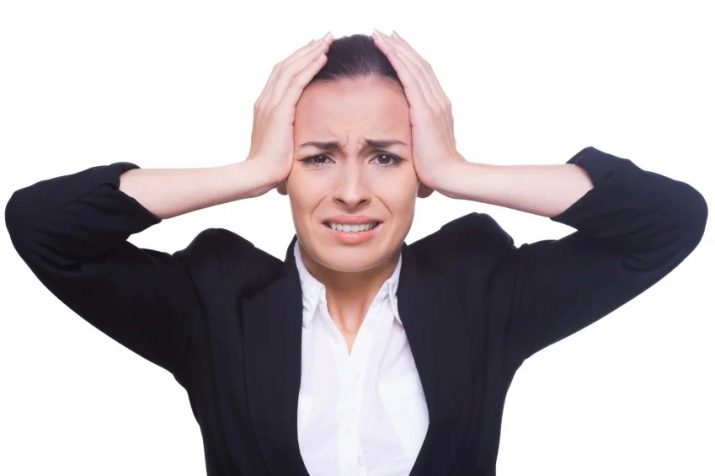
Symptoms may differ from person to person. A person can react inadequately to the events taking place. Someone begins to show fussiness. Some people want to cry often, others want to bite their nails, and still others want to bite their lip.
Most people under severe stress experience decreased concentration. The thought process slows down, memory deteriorates. This condition is reflected in the quality of study or work.

Strong emotional experiences are reflected in the physiology of the individual. They cause the following symptoms: high blood pressure, tachycardia, difficulty breathing, increased sweating, back pain, disruption of the digestive tract.
In men
Many representatives of the stronger sex tend to behave aggressively. Men may show external restraint in expressing emotions during exposure to a stressor. As a result of latent experiences, inner tension increases. A man may have a decrease in libido, a critical perception of current events may be impaired.
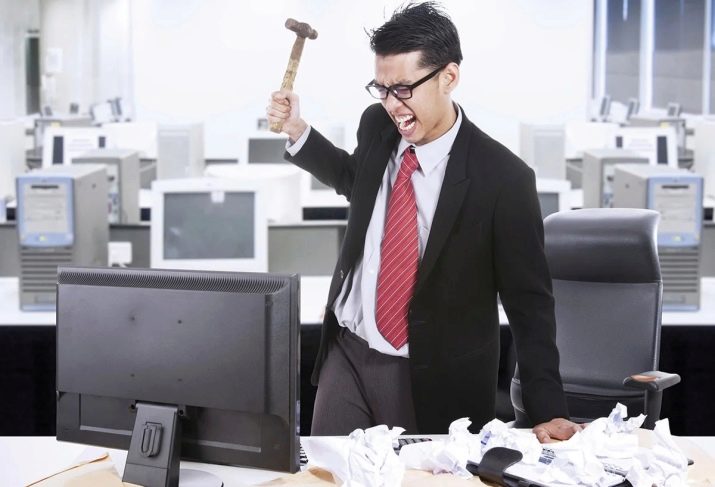
Among women
It is believed that the fairer sex is more prone to emotional turmoil. In fact, most ladies do not keep their worries to themselves. They pour out their souls to their friends, husband, relatives. Prolonged stressful situations sometimes affect a woman's weight gain or loss. Some have menstrual irregularities.
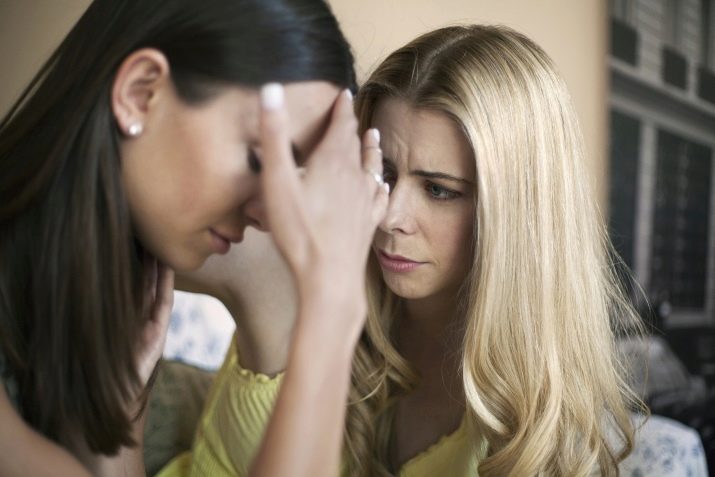
Diagnostics
There are special tests with the help of which psychologists and psychotherapists reveal the level of emotional and psychological stress of the patient. The nature of the adaptation syndrome is identified according to the following scales: psychological stress of Lemur-Tesier-Fillion, Spielberg-Khanin's situational anxiety and Tsung's self-assessment of anxiety. Each of these scales contains a certain number of statements containing some symptoms.
The subject needs to choose a suitable item for him: "very rarely", "rarely", "often", "almost constantly." Then the specialist measures the severity of this or that personality state.

Another group of tests is aimed at determining resistance to stress and predisposition to neurotic disorders. With the help of questionnaires, it is established whether the individual is currently in a state of depression, whether he has a tendency to suicide. Using the scale of clinical complaints, the psychologist detects negative changes in the body, assesses the consequences of the stressful situation that has happened.

Treatment
Severe stress undermines human health. They are the cause of many diseases, decreased immunity. It is necessary to begin to deal with a stressful state with the mood of oneself in a positive way. Change your attitude towards others and events. Try to slow down the pace of your life. Plan ahead for the day ahead.
To normalize the situation, you need to recognize your own emotions and stop worrying about situations that do not depend on the person himself. Do not escalate the situation, do not inflate it. Do not think up problems for yourself ahead of time, solve them as they arise. Monitor your mood.

To relieve psycho-emotional stress, physical exercises, breathing exercises and massage are necessary. One way to cope with a stressful situation is to change your environment or activity. Do not hold negative emotions in yourself, pour out your soul to the person you trust.
Take deep breaths in and out. Cry. Take a cold shower or just wash yourself with cool water. Meditation, yoga, regular rest, and daily walks in the fresh air are good protection against stress. Get enough sleep and provide yourself with adequate nutrition.
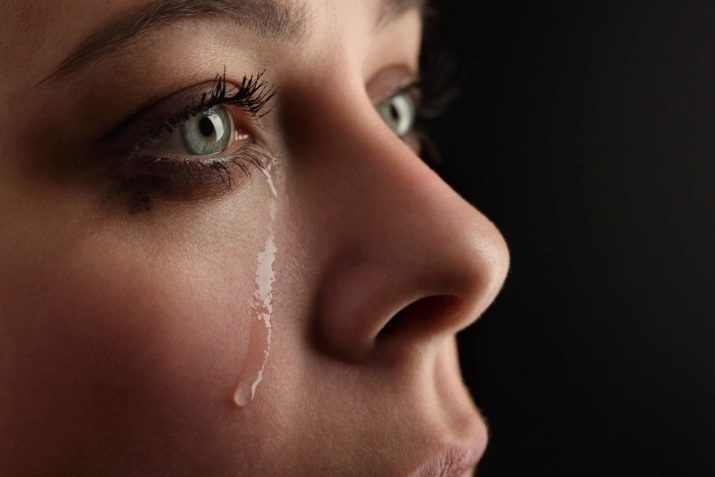
Soothing herbs, aromatic teas, and even a glass of clean water are helpful. But don't try to relax with alcoholic beverages and smoking. They further complicate the situation and cause irreparable harm to health.
If you cannot cope with stress on your own, then you need to seek help from a psychologist. He will carry out the necessary monitoring and determine the methods of correction.
Typically, professionals use cognitive-behavioral and body-oriented psychotherapy, psychoanalysis, transactional analysis and Gestalt therapy.
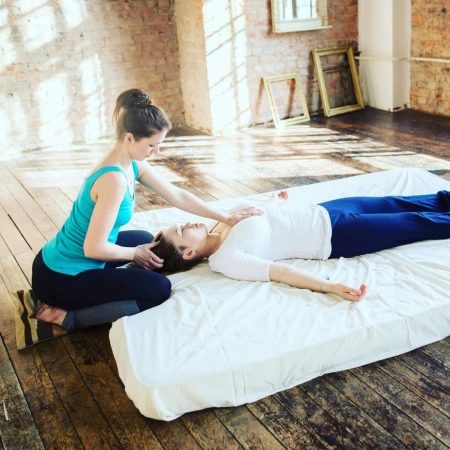
The chronic form requires long-term treatment, which can last from several months to a year. Medication can only be prescribed by a psychotherapist or psychiatrist. Depending on the prevailing symptoms, your doctor will prescribe specific antidepressants, tranquilizers, or antipsychotics.
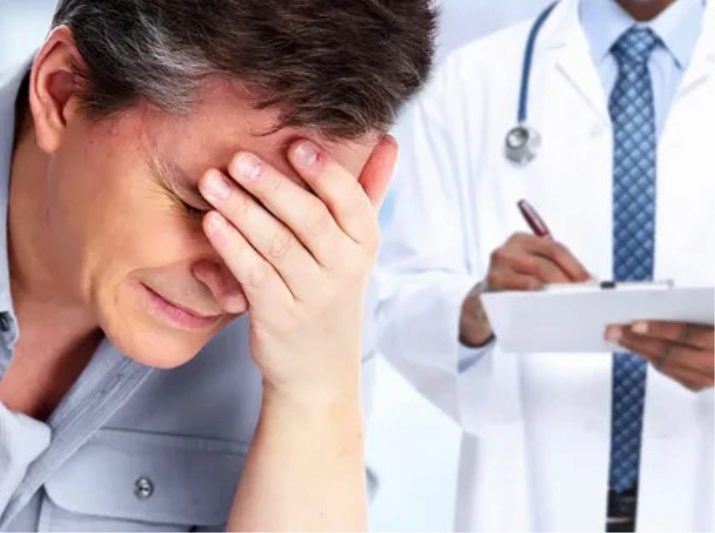
Interesting Facts
- Swedish scientists have found that after experiencing stress, a person becomes 1% lower in the evening. They associate this process with uncontrolled tension of the muscle tissue of the back and shoulders. Children who have experienced severe stress slow down their growth.
- The consequences of emotional shock most often occur in males. They may develop cancer or cirrhosis of the liver. Sometimes the blood becomes thicker, the neurochemical composition of the body changes. Some people start to lose their hair 3 months after being exposed to the stressor.
- Hans Selye put forward an interesting hypothesis that aging is the result of all stressful situations, together, which the subject has been exposed to throughout life. The process itself corresponds to the depletion phase of the general adaptation syndrome, which is an accelerated version of normal aging. Laughter lowers cortisol levels and prolongs a person's life.
- There are many professions in our country that require a lot of stress from the employee. Among them are taxi drivers, pilots, doctors, journalists, teachers, military men, police officers, firefighters, employees of the Ministry of Emergency Situations, accountants and managers of various enterprises. They often experience a state of stress in their workplace.
